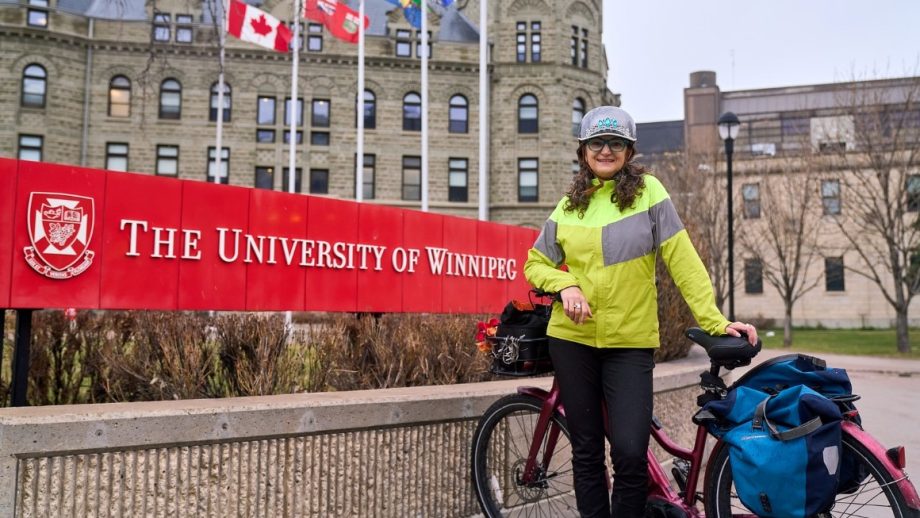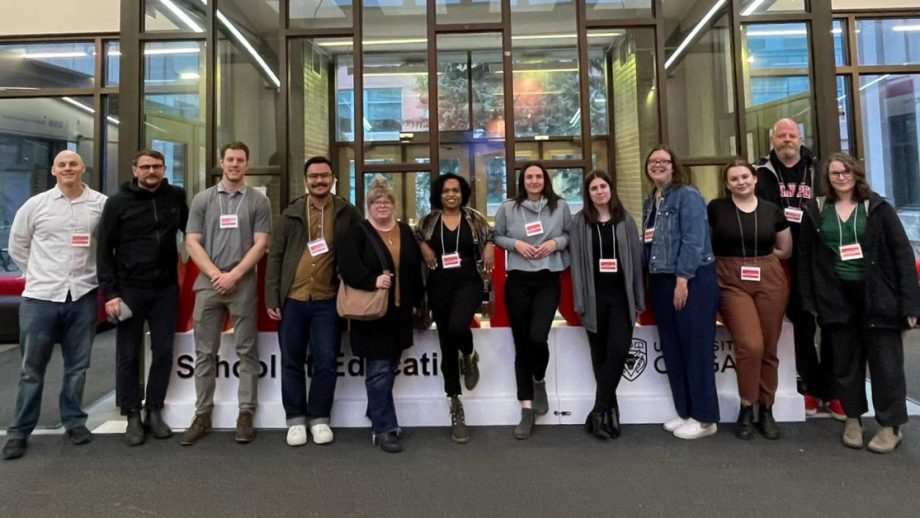Winnipeg, Man. and Blue Mountains, Ont. Sept. 15, 2009 – Blue Mountain Resorts Limited wants to know how much fuel their vehicle fleet uses on a daily basis and called The Centre for Sustainable Transportation (CST) to help find out.
“This is the first time we’ve worked with a private fleet to demonstrate leadership in carbon footprint and fuel use reduction,” said the CST’s research director, Terry Zdan. “The Blue Mountain Project will help the resort reduce their fuel use and emissions output and help save them money. Better yet, this project is easily replicated for any organization’s fleet.”
The CST installed Manitoba-made, GPS-based OttoView™ systems in 10 of the resort’s light and medium duty vehicles. These devices measure trip time, distance, average speed, fuel use and idling time and calculate greenhouse gas (GHG) emissions throughout the six month study.
“We are excited to be working with the CST to study how current employee driving behaviours are affecting overall fuel consumption,” said the resort’s planning and environmental specialist, Lindsay Ayers. “We also hope to identify opportunities to improve fuel efficiency throughout the resort’s fleet based on the study’s findings.”
My Sustainable Canada (MSC) contacted the CST when working on anti-idling campaigns and other transportation initiatives with the Ontario Snow Resorts Association (OSRA). The conditions were right to proceed with this research at Blue Mountain.
“Blue Mountain Resort is always looking for opportunities to reduce the fuel consumption and associated GHG emissions of its fleet,” said Ayers.
“We’ve been looking to partner with an organization for this applied research project for a while now,” added Zdan. “We’re eager to show how changes in transportation can save money and improve overall sustainability.”
The Centre is working with MSC to develop a fleet driver training program for the second phase of this program, hopefully beginning in March.
The project is funded by Natural Resources Canada (NRCan). The CST will use the data collected to provide a comparison of real-world driving fuel economy to published fuel economy estimates, something NRCan is particularly interested in.
For more information on the CST, visit www.centreforsustainabletransportation.org. More on Blue Mountain Resort’s environmental initiatives can be found at www.bluemountain.ca/environment.htm.
For more information, contact:
Jolene Bergen, Communications and Membership Coordinator
The Centre for Sustainable Transportation
(204) 988-7180
j.bergen@uwinnipeg.ca
Kelly O’Neil, Public Relations Specialist
Blue Mountain Resort
(705) 445-0231 ext:6052
koneil@bluemountain.ca




